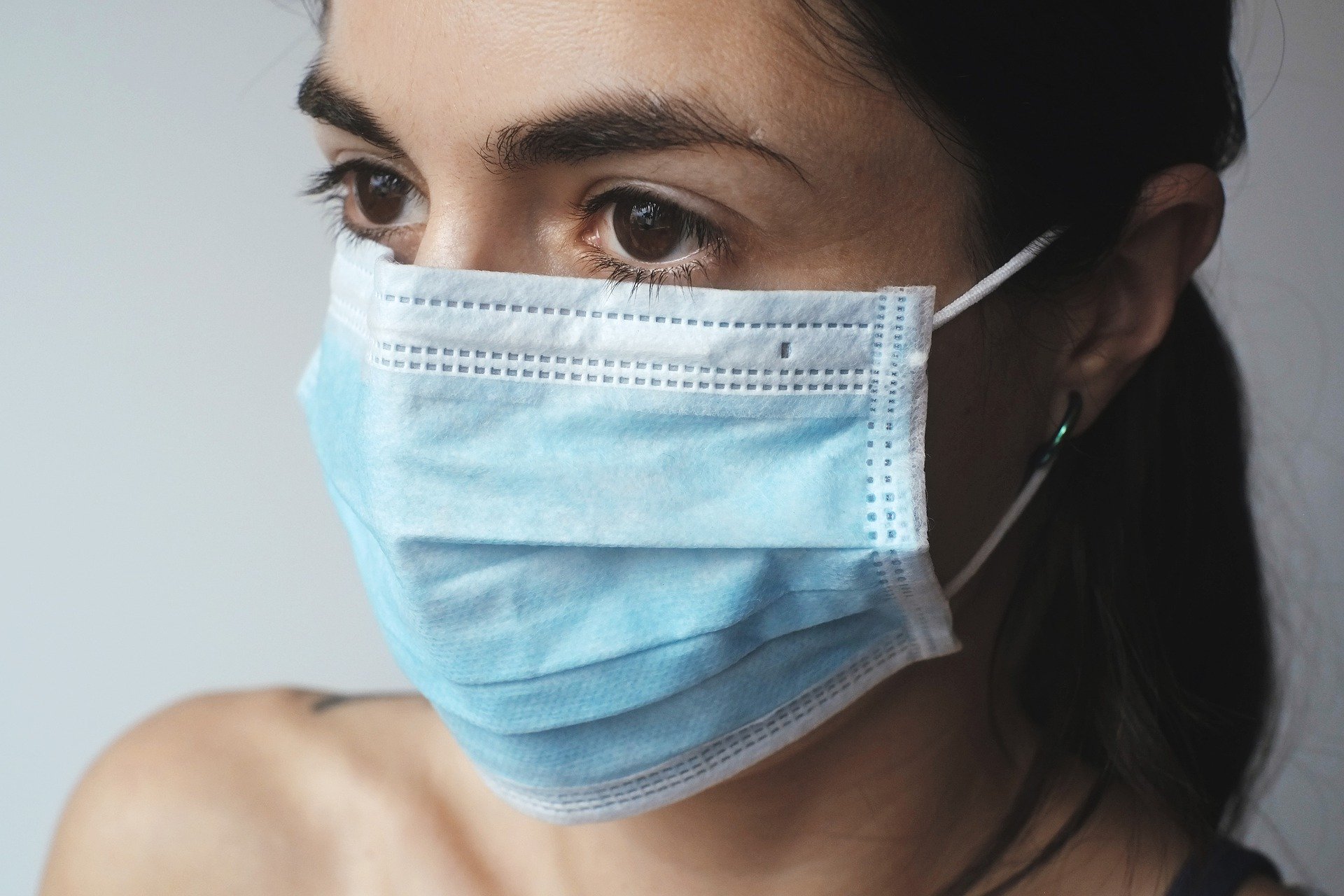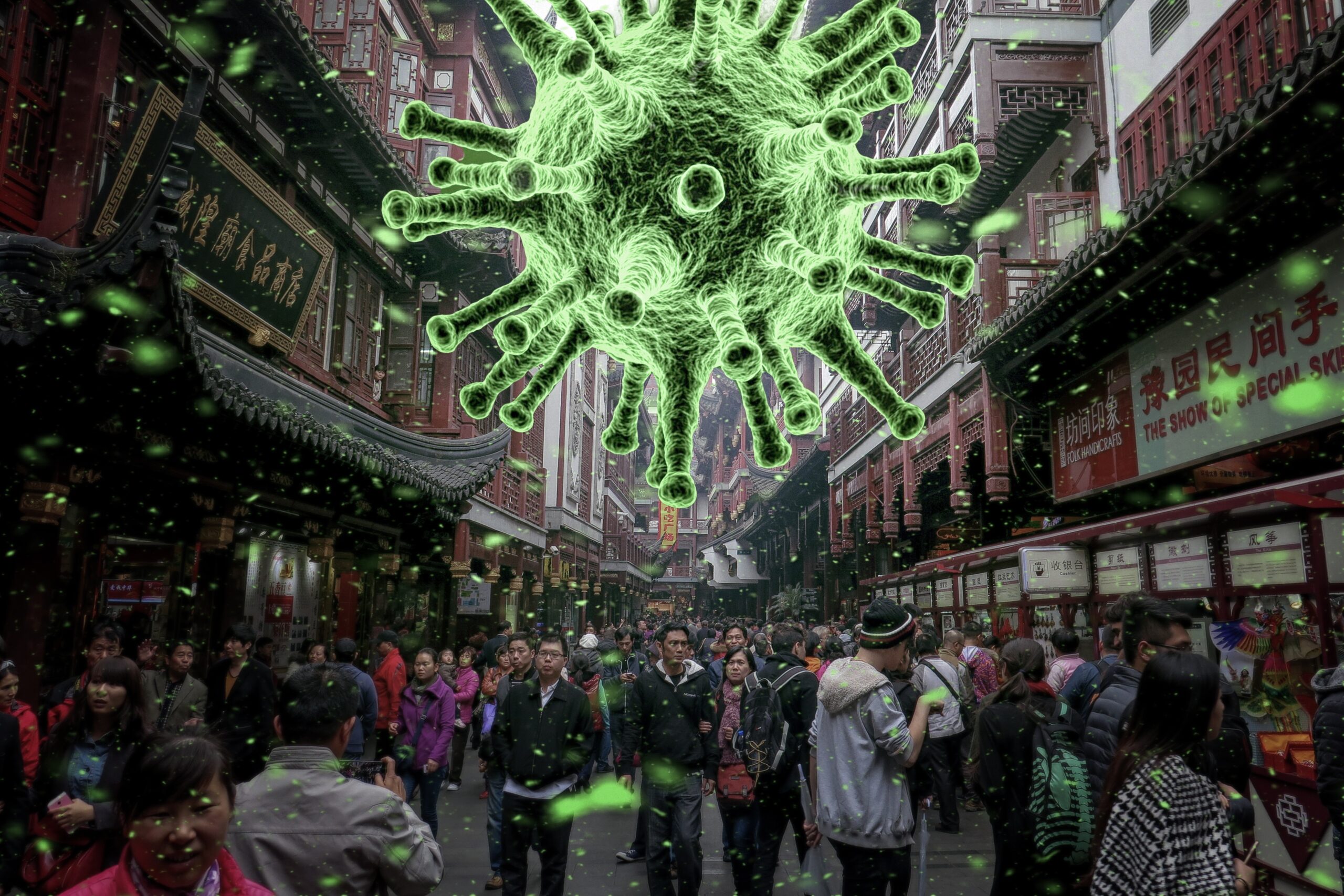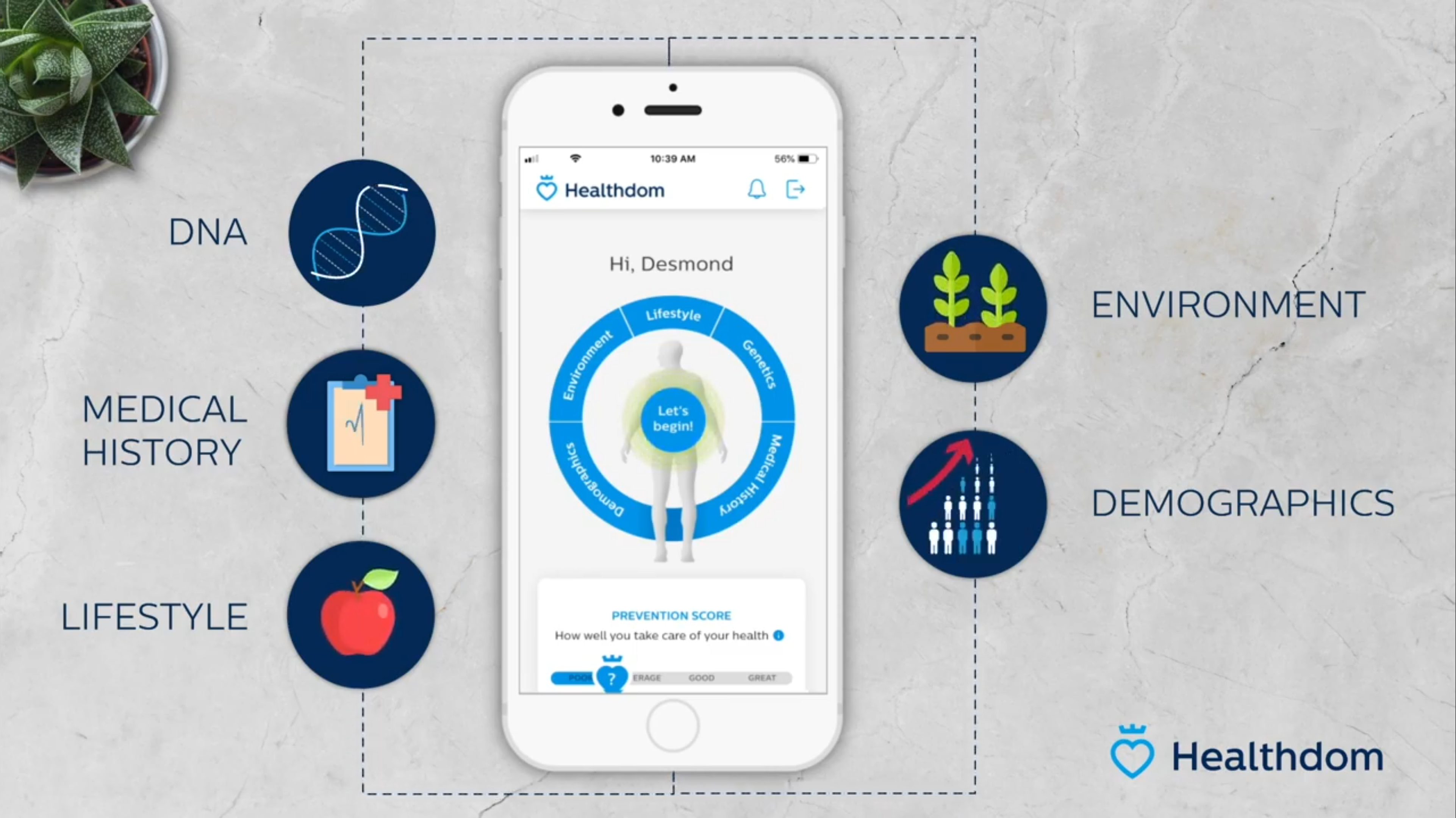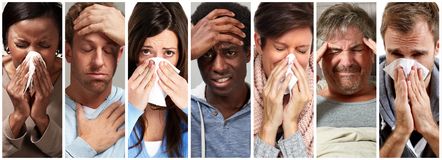From the beginning of the pandemic until mid-June 2022, 86 million Americans were infected with COVID-19, with over a million deaths. The pandemic has been significantly reduced since January of this year, when cases peaked significantly. On Monday, January 3, an infamous record was broken: 1,820,549 new cases were reported in the United States.
This, however, does not mean that the threat is no longer present. Every day, tens of thousands of new cases are reported in the United States alone. As a result, taking precautions to protect against the virus is still necessary. Wearing glasses, in addition to vaccinations and masks, appears to significantly aid in infection prevention.
Avoid Touching Your Eyes
In a Chinese study1 published by Suizhou Zengdu Hospital in Suizhou, China, researchers examined that people who wore glasses at least 8 hours per day had a lower risk of contracting SARS-CoV-2. People who are myopic have the best chances of avoiding the infection because they almost always wear glasses. Only 5.8% of those who were infected in one Chinese city had infected eyewear.
What does the less common COVID-19 strain have to do with glasses?
To better understand the answer, we first need to examine how the virus enters our bodies…
In a document2distributed by the WHO, Prof. Benadetta Allegranzi of the Institute of Global Health at the Faculty of Medical Sciences of the University of Geneva stated that 1-3% of coronavirus patients contract the disease by touching their eyes. The virus is transmitted by droplets, and according to scientists, it may also be able to enter the body through the conjunctiva (a thin mucous membrane that lines the inside of the eyelids).
Pathogens from the outside enter our bodies primarily through the respiratory tract, digestive system, and eyes. This is because they are less protected than the skin, which is impervious to viruses and bacteria. As a result, if we want to avoid infection, we must first cover our nose, mouth, and eyes.
So how do glasses help us in the fight against COVID-19?
First, they are a mechanical barrier between the eyes and the virus,
Second, they prevent us from rubbing our eyes, which is one way germs enter our bodies. People who wear glasses must remove them before touching their eyes, which in effect, protects them from infection.
Corrective glasses and sunglasses both provide this additional protection. In fact, the better they fit the face, the better they protect.
Remember to clean your glasses!
Pathogens can cling to the glasses. As a result, they should be disinfected on a regular basis, and after each entry to a building from the outside. Special care should be taken with glasses that have spectacled noses, as this area has the most contact with the skin and accumulates the most impurities.
How should you clean your glasses?
Preferably with warm water and soap or a mild detergent. Specialists also advise using disinfectant-containing liquids. If we are away from home, we must remember to wash our hands before touching our nose, eyes, or mouth.
What about contact lenses?
Concerns about eyeglass hygiene raise the question of whether it is better to avoid wearing contact lenses during the pandemic. After all, putting them on and taking them off necessitates making eye contact.
The answer is that contact lenses are safe as long as we keep our faces and hands clean. The pandemic has no effect on these recommendations; in fact, every wearer user must follow such fundamental guidelines. However, during a pandemic, you must pay close attention to them.
Most Important Guidelines:
- Before handling your contact lenses, wash your hands with soap and water and dry them with a lint-free towel
- Wash your hands before changing your contact lenses during the day
- Care for lenses as directed by the manufacturer: discard one-day disposable wear after each use
- Regardless of the type of lens cleaning solution you use, for extended wear contact lenses (2-4 weeks), use a „rub and rinse” cleaning method. Before soaking your contact lenses, rub them with clean fingers and rinse them with solution. Use this method even if your solution is a „no-rub” type.
- Always store removed lenses in a suitable liquid container rather than on a table or desk
- Use a new solution each time you clean and disinfect your contact lenses. Never re-use or top-up an old solution
- Maintain good hygiene if you use eye drops (do not use them longer than the manufacturer recommends, do not touch the eye dropper, do not lend the drops to other people, always close the package after use).
If you wear contact lenses, don’t worry. If, on the other hand, you are a spectacle user who has previously complained about how difficult it is to wear glasses with a protective mask, relax. This set of spectacles on your nose may be your best defense against infection!
References
- https://www.researchgate.net/publication/343296398_Clinical_characteristics_of_276_hospitalized_patients_with_coronavirus_disease_2019_in_Zengdu_District_Hubei_Province_A_single-center_descriptive_study
- https://pubmed.ncbi.nlm.nih.gov/35202599/




